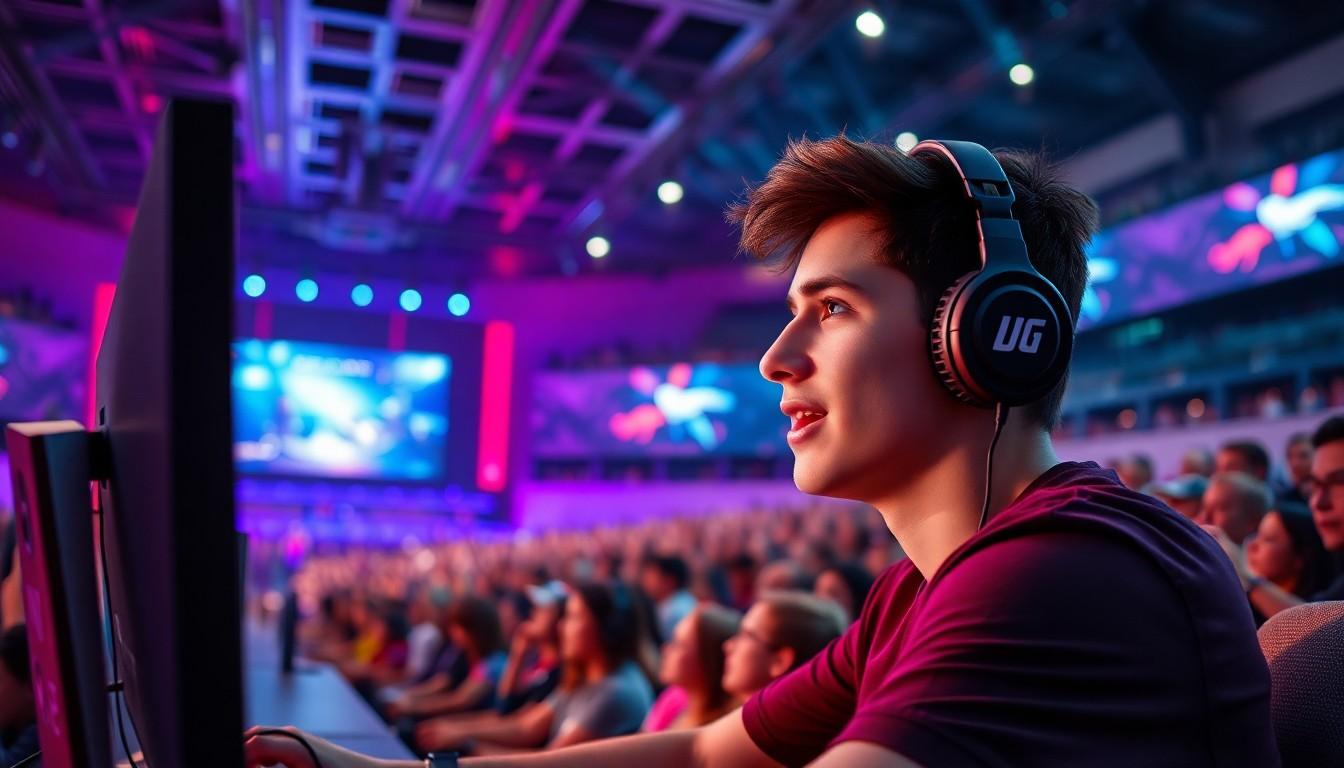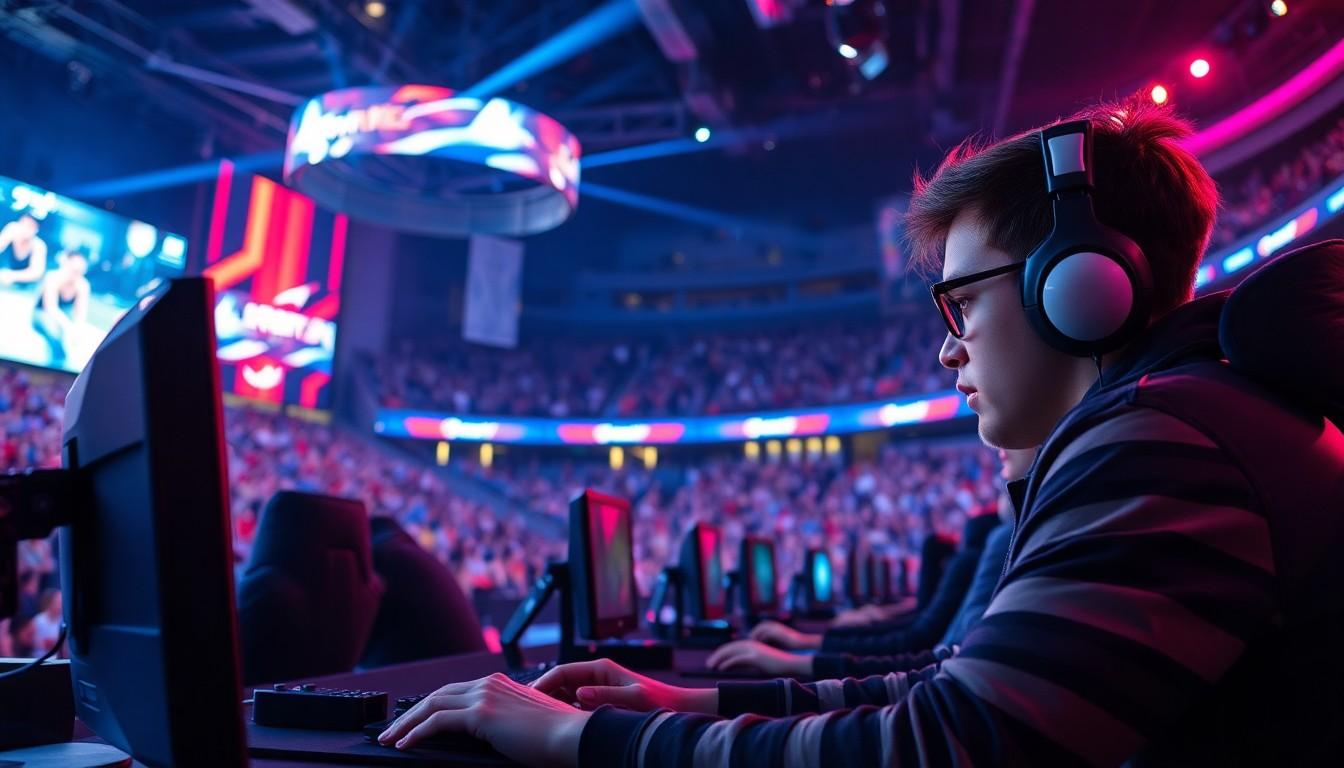Phone:
(701)814-6992
Physical address:
6296 Donnelly Plaza
Ratkeville, Bahamas.
We use cookies to help you navigate efficiently and perform certain functions. You will find detailed information about all cookies under each consent category below.
The cookies that are categorised as "Necessary" are stored on your browser as they are essential for enabling the basic functionalities of the site. ...
Necessary cookies are required to enable the basic features of this site, such as providing secure log-in or adjusting your consent preferences. These cookies do not store any personally identifiable data.
Functional cookies help perform certain functionalities like sharing the content of the website on social media platforms, collecting feedback, and other third-party features.
Analytical cookies are used to understand how visitors interact with the website. These cookies help provide information on metrics such as the number of visitors, bounce rate, traffic source, etc.
Performance cookies are used to understand and analyse the key performance indexes of the website which helps in delivering a better user experience for the visitors.
Advertisement cookies are used to provide visitors with customised advertisements based on the pages you visited previously and to analyse the effectiveness of the ad campaigns.

In a world where gaming isn’t just a pastime but a full-blown spectacle, esports competitions have taken center stage. Picture this: thousands of fans packed into arenas, eyes glued to screens, cheering as their favorite players pull off jaw-dropping moves. It’s like the Super Bowl but with more energy drinks and fewer commercials.
Esports competitions encompass organized multiplayer video game contests, attracting players from diverse backgrounds. Fans gather in large arenas and online platforms, engaging with intense matches across various game genres. Major titles like League of Legends, Dota 2, and Counter-Strike: Global Offensive dominate the scene, showcasing skillful play and strategic depth.
Global tournaments offer substantial cash prizes, with events such as The International and the League of Legends World Championship drawing millions of viewers. Teams compete not only for financial rewards but also for prestige and recognition within the gaming community. Top-tier players often secure sponsorships, elevating their status in the esports landscape.
Live streaming plays a crucial role in the growth of esports. Platforms like Twitch and YouTube Gaming provide avenues for fans to watch matches in real-time, creating an interactive experience. Viewers engage with streamers and industry personalities, contributing to the vibrant esports culture.
The landscape of esports continues to evolve. Organizations invest in talent development programs, nurturing promising players through rigorous training and mentorship. As a result, a new generation of competitors is emerging, pushing the boundaries of performance.
Sponsorship deals and partnerships with mainstream brands are increasing, reflecting the industry’s expanding reach. Major companies recognize the commercial potential of esports, enhancing event production quality and viewer engagement. This trend solidifies esports as a significant player within entertainment sectors, rivaling traditional sports.
Such developments indicate a bright future for esports, where competition, community, and commercial viability converge seamlessly.

Esports competitions attract millions of fans worldwide, showcasing top-tier gameplay and strategic depth across various titles. These events have grown significantly, with major tournaments featuring large cash prizes and vast audiences.
Major League Gaming serves as a pioneer in the esports realm. Founded in 2002, MLG played a key role in legitimizing competitive gaming. The organization hosts multiple tournaments for popular games, including Call of Duty and Halo. Events provide not only intense competition but also a platform for gamers to gain visibility and form connections within the industry. Its championships attract thousands of spectators, both in-person and online, creating a vibrant community of players and fans.
The League of Legends Championship Series stands out as one of the most prestigious leagues globally. Launched in 2013, the LCS features professional teams from North America and Europe competing for dominance in the popular multiplayer online battle arena game. Each split culminates in exciting playoffs, with the top teams vying for a chance to represent their region at the World Championship. The league has elevated its production quality, drawing in millions of viewers through live streams on platforms like Twitch. Teams compete fiercely for not only cash prizes but also the coveted title of world champion.
Esports competitions significantly influence both the economy and community dynamics. Their rise brings various benefits and shifts in audience engagement.
Esports competitions drive substantial economic growth. In 2023, the global esports market was valued at over $1.44 billion and is projected to grow significantly. Increased sponsorships and investments from major brands enhance this financial influx, attracting both local and international businesses. Major tournaments create numerous job opportunities, ranging from event management to marketing positions. Revenue generated from ticket sales, merchandise, and advertising contributes to local economies. Cities hosting esports events often experience boosts in tourism, bringing together attendees from around the world. This flourishing landscape indicates a promising future for industries linked to esports.
Community engagement thrives within the esports ecosystem. Fans connect through platforms like Twitch and Discord, forging friendships and camaraderie around shared interests. Esports tournaments foster inclusive environments, welcoming individuals from diverse backgrounds. Players often engage with fans, conducting live Q&A sessions and participating in charity events. Such interactions help to strengthen community bonds and enhance loyalty among supporters. Local gaming events and amateur leagues provide opportunities for aspiring players to compete, further nurturing grassroots involvement. Overall, these dynamics cultivate vibrant communities, highlighting the social impact of esports competition.
Esports competitions face several challenges that impact players and organizations alike.
Regulation remains a central issue in esports. Organizations frequently lack standardized rules across regions and titles, complicating event organization. Different jurisdictions impose varying regulations, leading to inconsistent governance. Some regions have made strides in creating frameworks, yet others lag behind, leaving players and stakeholders uncertain. This disparity raises questions about fair play and player rights. Transparency is crucial, as it fosters trust within the community. Regulatory bodies must collaborate with game publishers to develop cohesive policies. Doing so can enhance legitimacy and protect participants, thus ensuring a healthier competition environment.
Mental health issues persist among esports players, often stemming from the intense competitive nature of the environment. Players face immense pressure to perform consistently, resulting in stress and burnout. Noteworthy statistics indicate that nearly 50% of professional gamers experience mental health issues at some point in their careers. Factors like long hours and public scrutiny exacerbate these challenges. Support systems need to be more accessible to players, addressing their mental well-being. Organizations should prioritize mental health resources, providing counseling and stress management programs. Promoting a healthier balance between gaming and personal life is essential for long-term success in esports.
Esports competition is poised for significant growth, reflecting the increasing popularity of digital gaming. By 2023, the global esports market reached a valuation exceeding $1.44 billion, showcasing the potential for further expansion. Major tournaments like The International and LCS attract millions of viewers, illustrating the high demand for organized competitive gaming.
Continued investments from various brands enhance event production quality, resulting in thrilling live experiences for fans. Streaming platforms such as Twitch and YouTube Gaming play an essential role in this growth, facilitating real-time engagement between players and spectators. Diverse revenue streams from sponsorships contribute to the ecosystem, ensuring the sustainability of esports events.
Player development programs are on the rise, nurturing new talent through structured training and mentorship. This focus on talent cultivation fosters a competitive environment while creating opportunities for aspiring gamers. Enhanced fan interaction during events allows for deeper community connections, as players engage with their supporters through Q&A sessions and charity initiatives.
Local gaming events and amateur leagues also gain traction as key contributors to grassroots community involvement, helping players at all levels to participate. Changes in regulatory frameworks may occur, addressing governance and fair play concerns that challenge the industry. Mental health resources for players will likely become a priority, ensuring a balanced approach to competition.
Increased collaboration with mainstream brands signifies a shift toward broader acceptance, legitimizing esports within the sports industry. Future developments in technology, like virtual reality, could revolutionize spectator experiences, making events more immersive. By addressing current challenges and maximizing potential, esports competition is positioned for a bright and promising future.
Esports competitions have firmly established themselves as a dynamic force in the entertainment industry. With their unique blend of skillful gameplay and community engagement, they continue to captivate audiences worldwide. The investment in player development and enhanced production quality signals a commitment to elevating the esports experience for fans and players alike.
As the industry navigates challenges related to regulation and mental health, it remains poised for significant growth. The rise of local events and amateur leagues fosters grassroots involvement, ensuring a diverse and inclusive gaming community. With technological advancements on the horizon, the future of esports promises to be even more thrilling, solidifying its place as a cornerstone of modern entertainment.